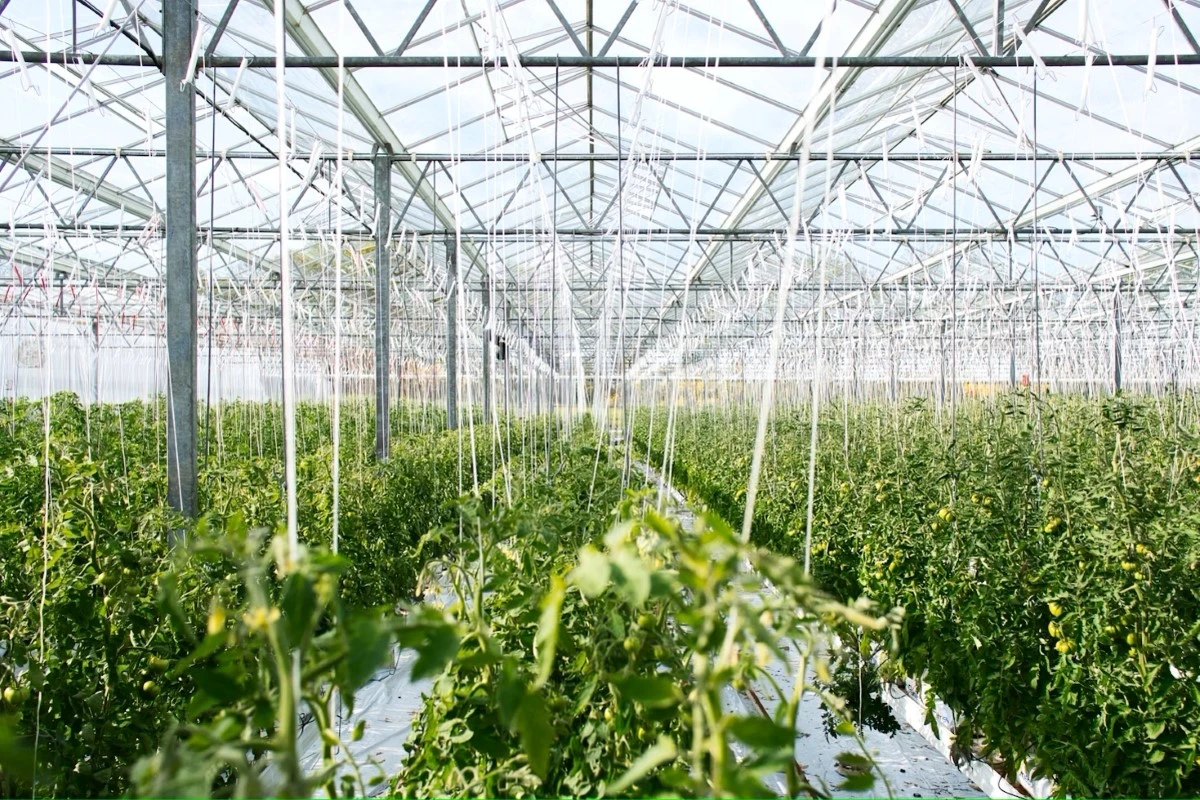Monaco is unique a hotspot for discussions on innovation and technology, with many networking events organised to connect investors and startups. One recent networking event focused on cellular agriculture, a method of food production through scientific processes.
Cellular agriculture is an industry that uses biotechnology to produce meat and other food products from cells. According to experts in the field, with the population expected to grow to ten billion by 2060, cellular agriculture provides a solution to meet the increasing demand for food while being sustainable and ethical.
Considering the increasing relevance of cellular agriculture due to overpopulation, an event was organised by Mountain Consulting at the Columbus Hotel on Thursday 4th April, bringing experts in the field together with investors.
Among the participants were three leading companies within the cellular agriculture industry: Agronomics – a prominent London-listed VC firm, Onego Bio – innovating with animal-free egg white protein through fermentation, and Meatly – a pet food provider developing sustainable, cultivated meat from a single chicken egg cell.
“Real game-changer”
There are also vertical farms that show potential in the industry, however, “you cannot feed the population on leafy greens,” remarked Anthony Chow, co-founder of Agronomics. “This makes cellular agriculture the real game-changer, as the meat and other produce have the same sensory profile and flavour as the real conventional proteins.”
Maija Itkonen, CEO and co-founder of Onego Bio, backed up the sentiment, saying “A benefit of cellular agriculture is that it is respectful and still profitable.”
Navigating the future of cellular agriculture
As it is a relatively new concept, cellular agriculture must undergo its challenges in facing regulatory hurdles, although progress is being made in countries like Singapore, the US, India, and Australia. “What happens in the food industry is on a scale that is quite hard to contemplate, so we are going to need a lot more scale to become more competitive with conventional agriculture,” Chow revealed.
Another challenge is price, considering alternative proteins are not yet cost-competitive with conventional agriculture.
Regarding the future of cellular agriculture, Chow forecasts an accelerated adoption because sustainable food production will be necessary in feeding the growing global population. “Once we navigate through these challenges, we’ll see a rapid expansion in just a few years,” concluded Chow.
Join the Monaco Life community – sign up for the Monaco Life newsletter, and follow us on Threads, Facebook, Instagram, LinkedIn and Tik Tok.
Photo credits: Unsplash
